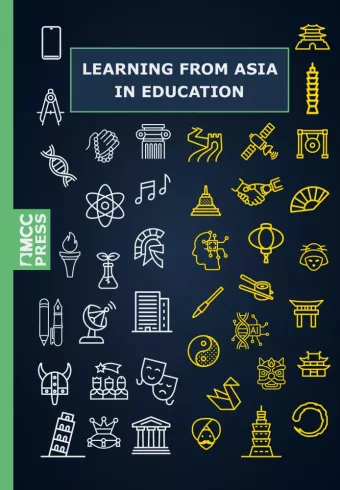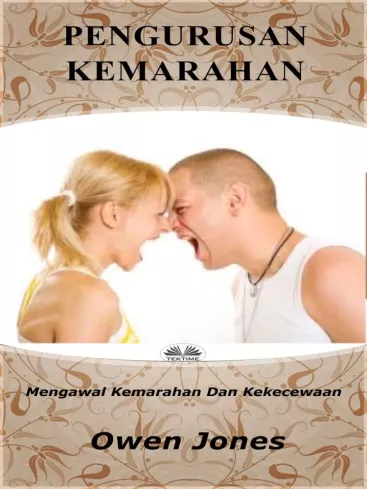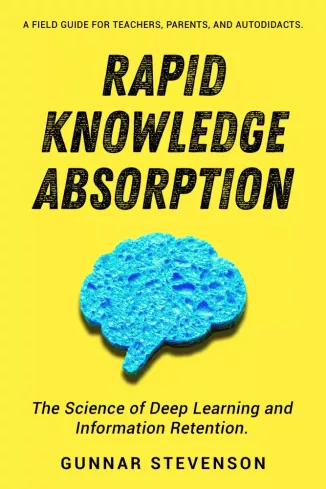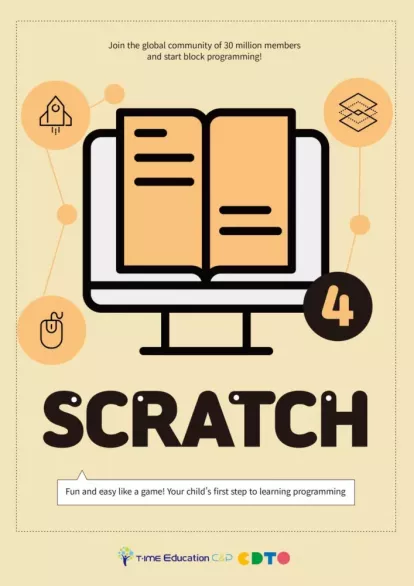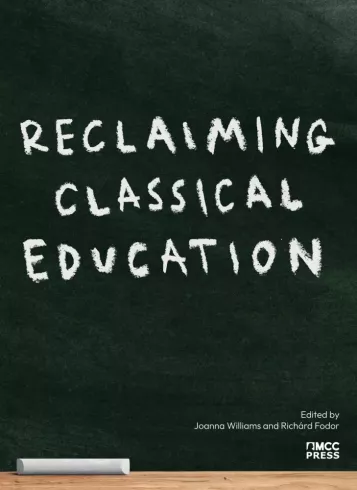
Reclaiming Classical Education(E-könyv)
What is school for? This volume makes a bold case: education is not just about skills, therapy, or activism — it’s about passing on the wisdom of civilisation. Grounded in the classical tradition, this vision of education introduces young minds to the best of humanity’s scientific, artistic, and philosophical achievements. It argues that children have a right to inherit the past of their local and national communities — to gain the knowledge, character, and clarity needed to think freely, live meaningfully, and shape the future. In an age where schools increasingly neglect deep disciplinary knowledge in favour of emotional comfort and political trends, this volume calls for a return to content-rich, intellectually serious schooling. With 16 papers contributed by authors hailing from six European nations and the USA, the chapters explore how classical education engages with questions of national identity, the role of philosophy, and the structure of the curriculum, among other topics. Through powerful ideas and practical examples, the volume shows how classical education can form thoughtful citizens able not just to defend the world’s great cultural traditions but also to sustain and renew them for generations yet to come.
What is school for? This volume makes a bold case: education is not just about skills, therapy, or activism — it’s about passing on the wisdom of civilisation. Grounded in the classical tradition, this vision of education introduces young minds to the best of humanity’s scientific, artistic, and philosophical achievements. It argues that children have a right to inherit the past of their local and national communities — to gain the knowledge, character, and clarity needed to think freely, live meaningfully, and shape the future. In an age where schools increasingly neglect deep disciplinary knowledge in favour of emotional comfort and political trends, this volume calls for a return to content-rich, intellectually serious schooling. With 16 papers contributed by authors hailing from six European nations and the USA, the chapters explore how classical education engages with questions of national identity, the role of philosophy, and the structure of the curriculum, among other topics. Through powerful ideas and practical examples, the volume shows how classical education can form thoughtful citizens able not just to defend the world’s great cultural traditions but also to sustain and renew them for generations yet to come.
“An important, indeed precious collection of essays on the key challenge facing educators. The goal of this text is to reclaim classical education and demonstrate its much-needed presence in our educational institutions. A must read for those concerned with the future of young people.” — Frank Furedi, Emeritus Professor of Sociology at the University of Kent
Authors: Thibaud Gibelin, Alka Sehgal Cuthbert, Artur Górecki, Antonio Fernández-Cano, Mónica Vallejo-Ruiz, Cornelis J. Schilt, Joanna Williams, Nicholas Tate, Alex Standish, Dennis Hayes, Jonathan Butcher, Stuart Waiton, Milán András Constantinovits, Filip Ludwin, András Lánczi, Bonnie Snyder
